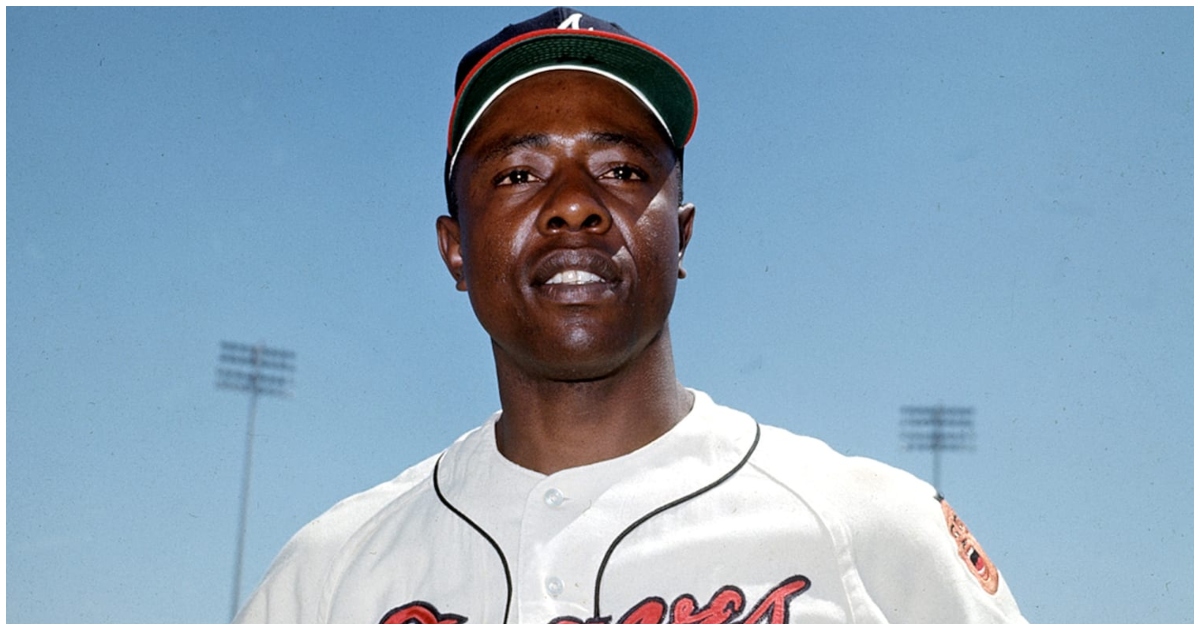Fifty years ago, baseball legend Hank Aaron made a bold statement that shook the foundations of Major League Baseball. The newly crowned home run king publicly criticized his team, the Atlanta Braves, for bypassing him in their managerial search.
Hank Aaron’s Managerial Aspirations and Braves’ Oversight
During the 1974 All-Star Game in Pittsburgh, Aaron expressed his disappointment with the Braves’ decision-making process. “The situation could’ve been handled more tastefully,” he told reporters. “I think I deserved to be asked.”
The Braves had fired Eddie Mathews in late June and selected Clyde King as their interim manager. Aaron, still an active player at 40, felt overlooked despite his legendary status.
Breaking Barriers: The Push for Black MLB Managers
Aaron’s critique highlighted a glaring issue in baseball: the absence of Black managers. He argued that qualified Black candidates were being passed over for managerial positions.
“Maybe they were afraid I’d say yes, I’d like the job,” Aaron speculated. “And maybe I would have, just so there’d be a breakthrough.”
Tommie Aaron: A Missed Opportunity
Hank Aaron also advocated for his younger brother, Tommie Aaron, who was managing the Braves’ Class AA team in Savannah. The elder Aaron criticized the Braves’ reasoning for not considering Tommie.
“I’m sure he doesn’t want to stay in the minor leagues the rest of his life and rot away,” Hank Aaron said. Sadly, Tommie never got the chance to manage in the big leagues.
Challenging Baseball’s Status Quo
Aaron pushed back against the notion that Black managers needed minor league experience. He pointed out that white managers like Ted Williams and Eddie Mathews were hired without such prerequisites.
“I don’t recall Ted Williams going to the minors,” Aaron noted, “or Eddie Mathews, for that matter.”
The Broader Context: Civil Rights and Baseball
Aaron’s comments came amid growing pressure from civil rights leaders and high-profile Black players. Jackie Robinson had long championed the cause of Black managers in baseball.
Just nine days before his death in 1972, Robinson made a poignant plea: “I am going to be tremendously more pleased and more proud when I look at that third base coaching line one day and see a Black face managing in baseball.”
Aaron’s Evolution as a Civil Rights Advocate
As his career progressed, Aaron became more outspoken on civil rights issues. He echoed Robinson’s critique of baseball’s lack of opportunities for Black players after retirement.
“Until we crack the area of managers, front-office personnel and coaches, there’s really no hope for black kids coming into sports,” Aaron said in 1973.
The Road to Progress
Aaron’s public stance in 1974 contributed to the ongoing dialogue about racial equality in baseball. Later that year, Frank Robinson became MLB’s first Black manager with the Cleveland Indians.
While progress has been made, the conversation Aaron started continues to resonate in discussions about diversity in baseball leadership today.





